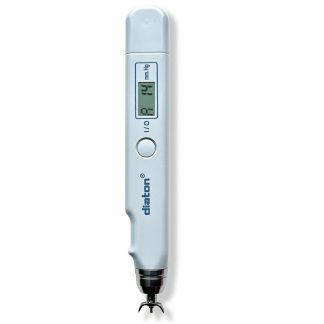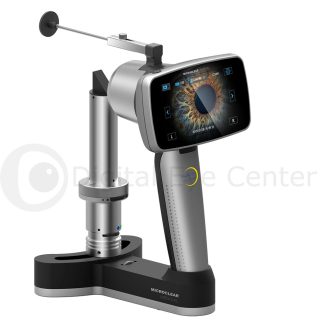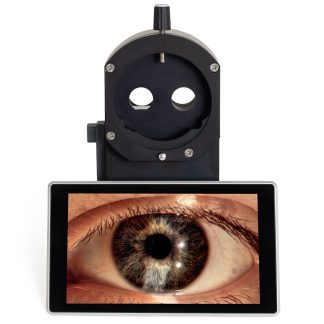Description
CIRRUS® 6000, the next-generation OCT from ZEISS, delivers high-speed image capture with HD imaging detail and a wider field of view so you can make more informed decisions and spend more time with your patients
- Performance OCT – Faster imaging with greater detail, at 100,000 scans per second, for improved patient care.
- Proven analytics – Comprehensive, clinically validated tools to diagnose and manage various conditions.
- Patient-first design – Seamless transfer of raw patient data from previous generations of CIRRUS for continuity of patient care.
The power of 100,000 scans per second
Faster imaging:
Reduce chair time and speed up your practice.
- 270% faster OCT scans and 43% faster OCTA scans.*
- OCT cube scans in as little as 0.4 seconds.
- High-speed imaging in combination with FastTrac™ eye tracking technology reduces the chance of motion artifacts such as those caused by blinks and saccades.
Greater detail:
View more in seconds and dig deeper with high-definition imaging.
- 12×12 mm single-shot OCTA cube scan in addition to 8×8, 6×6 and 3×3 mm scans.
- High-definition AngioPlex scans (8×8 and 6×6 mm) for even greater microvascular detail without limiting the field of view.
- 2.9 mm scan depth.
“The CIRRUS 6000 is all about its speed. With increased speed comes greatly improved resolution and detail on cube, raster and OCTA scans, and the new faster CIRRUS enables me to incorporate these more reliable scans into my daily workflow and make important treatment decisions for my patients. – Theodore Leng, MD.

Performance OCT – faster, wider, with a new level of detail
ZEISS CIRRUS 6000 empowers clinicians with a larger field of view in a single scan, and captures high-definition OCT/OCTA scans that reveal finer details of the retinal microvasculature − all of which provides more insight into the patient’s condition in less time.

Proven analytics – CIRRUS-powered treatment decisions
As the pioneering OCT technology, the CIRRUS platform offers clinicians extensive, clinically-validated applications for retina, glaucoma and anterior segment. The result: precise analysis, faster throughput and smarter decision-making across a wide spectrum of clinical conditions and patient types.
Retina

Macular Change Analysis
The CIRRUS data cube automatically stores and delivers each patient’s historical data to provide a variety of change assessments, including macular thickness change maps that help you understand your patient‘s response to treatment. Because every CIRRUS cube is tracked and registered to OCT scans from prior visits using CIRRUS’ FastTrac™ Retinal Tracking Technology, you can confidently measure point-to-point changes in macular thickness.
AngioPlex Metrix OCTA Quantification
AngioPlex® Metrix™ for Macula and ONHAngioPlex Metrix allows clinicians to objectively assess and track progressive eye diseases such as diabetic retinopathy and glaucoma with quantification tools such as Vessel Density, Perfusion Density, and Foveal Avascular Zone (FAZ) for the macula, and Capillary Flux Index for the optic nerve head. |
Glaucoma
The CIRRUS suite of glaucoma analysis tools are designed to help you better visualize, detect, and manage all stages of glaucoma, from glaucoma suspects and mild glaucoma to severe glaucoma.
| Cirrus RNFL thickness deviation maps have been shown to be superior for detecting localized RNFL defects, compared to traditional peripapillary RNFL thickness measurements. |
Ganglion Cell Analysis helps identify macular glaucomatous damage, which can be missed with RNFL analysis alone. |
Combined GCL/IPL and RNFL thickness deviation maps provide a comprehensive widefield assessment. |
|
AutoCenter™ – ZEISS’ patented algorithm automatically identifies the optic nerve head using Bruch’s Membrane Opening (BMO) in 3-dimensions for more precise measurement of the neuro-retinal rim, accounting for tilted discs, disruptions to the RPE and other challenging pathology. |
||
|
Unique to ZEISS, Guided Progression Analysis™ (GPA™) provides both trend and event-based analyses that detect statistically significant change and quantify rate of change for key RNFL, ONH, and GCL/IPL parameters. |
||
Technical Specifications



















